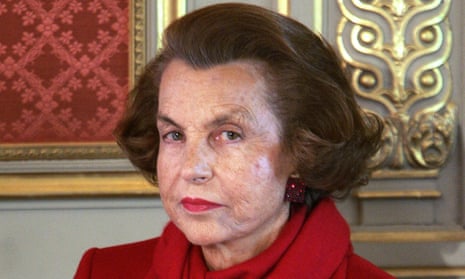The life of Liliane Bettencourt was a sort of tragic feminist parable. Like many big 1930s industrialists, her father, Eugène Schueller, evolved a detailed social philosophy. In his view women should stay home and not take jobs from men, and only money, not businesses, should be considered heritable. On both counts, Liliane, his only daughter, was excluded from taking any active part in life.
Ironically, the scandal that brought to light the wartime activities of Schueller and Liliane’s husband, André Bettencourt, arose as a result of L’Oréal’s takeover of the Helena Rubinstein beauty business in 1988 – a takeover orchestrated by one of Schueller’s wartime associates, Jacques Corrèze, whom Schueller had taken on after the war when L’Oréal became a sort of employment agency for disgraced collaborators.
Rubinstein, a poor girl from the Krakow ghetto, built up her own business and continued vividly to direct its every activity until the day she died, in 1965, aged 93. By contrast her father’s real legacy to Liliane was that she inherited all the money and none of the power.
Her sole function was to act as a money fountain for the various men in her life: first her husband and his political party, then Banier, her parasitic friend, and finally the various wealth managers and advisers who took every opportunity to take advantage of her.
“Work,” Rubinstein liked to say, “has been my best beauty treatment.”
The L’Oréal heir was denied it and suffered sadly as a consequence.
